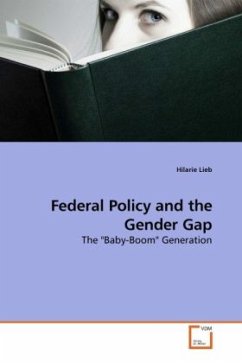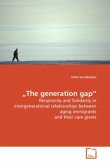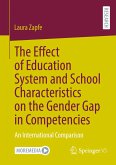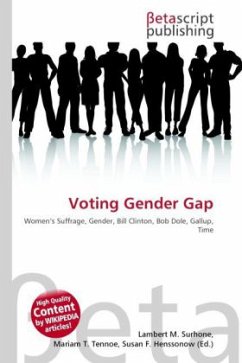Post-World War II educational reforms were introduced into a college culture shaped by the GI Bill and other historical factors. This culture constrained the impact of subsequent educational reforms on women s choices in college majors and in subsequent careers. Women s raised expectations combined with these constraints acted as the catalyst for the passing in 1972 of Title IX which more directly addressed gender segregation. This study provides an explanation and empirical support for why, despite the success of post-World War II educational policies in fostering greater investment in human capital, traditional roles for men and women were maintained. In particular, a wage gap, due in part to this college major segregation, combined with women s propensity to specialize in fields that complemented home production, are shown empirically to account for the persistence in the assignment of gender roles between home and market production.








